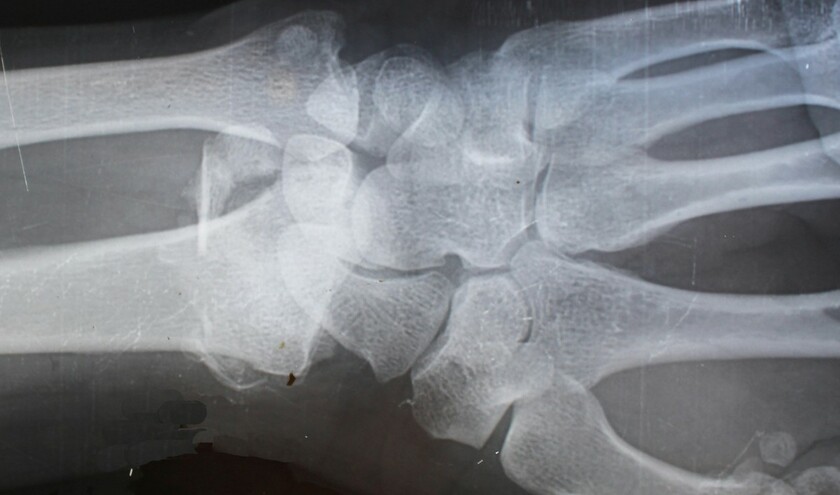The guidance recommends that the NHS can use four AI technologies - BoneView, Rayvolve, RBfracture and TechCare Alert - during the two-year evidence generation period outlined by NICE.
In addition, each of these AI technologies can only be used if they receive regulatory approval from the Medicines and Healthcare products Regulatory Agency (MHRA).
The guidance was created through an early value assessment, which is designed to give recommendations on emerging health technologies that could address an unmet national demand.
NICE said: ‘This guidance represents the view of NICE, arrived at after careful consideration of the evidence available.
‘When exercising their judgement, healthcare professionals are expected to take this guidance fully into account.'
NICE added: ‘The guidance does not override the individual responsibility of healthcare professionals to make decisions appropriate to the circumstances of the individual patient, in consultation with the patient and/or guardian or carer.'
The guidance will be reviewed if new evidence emerges that could alter NICE's recommendations.
NICE has also developed tools and resources for radiographers that wish to find out more about the recommendations and how to implement them.



